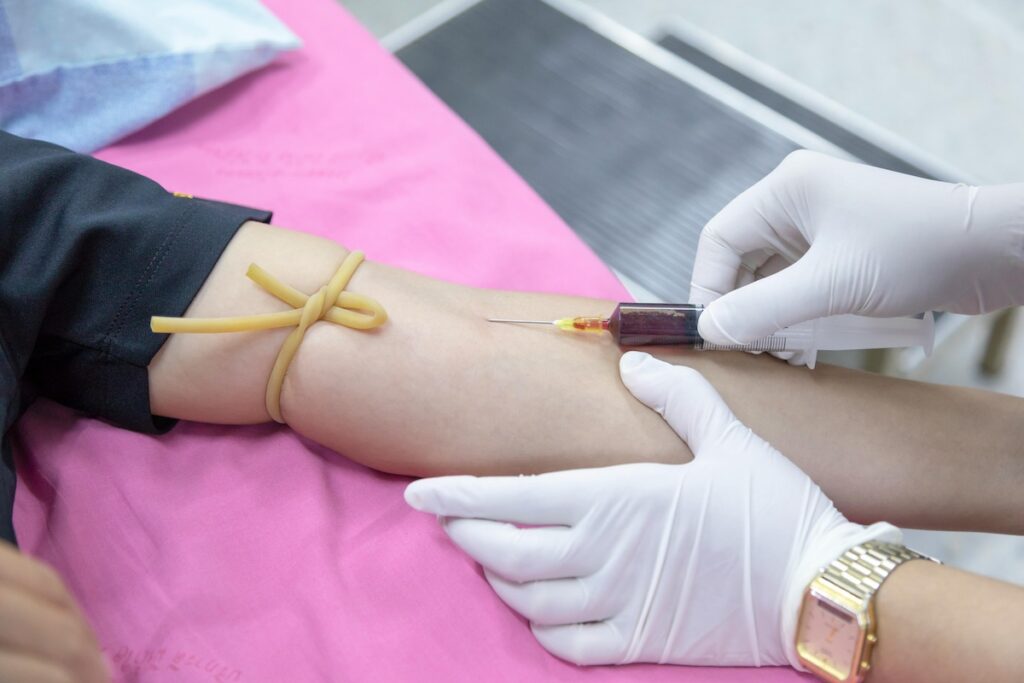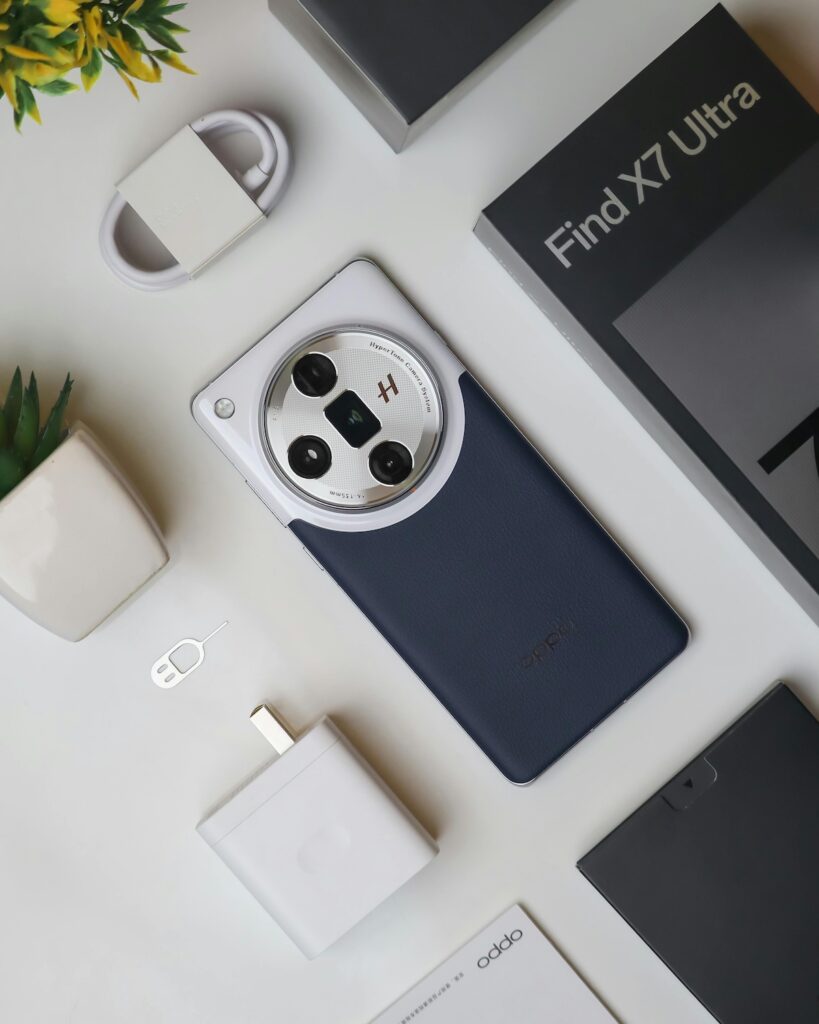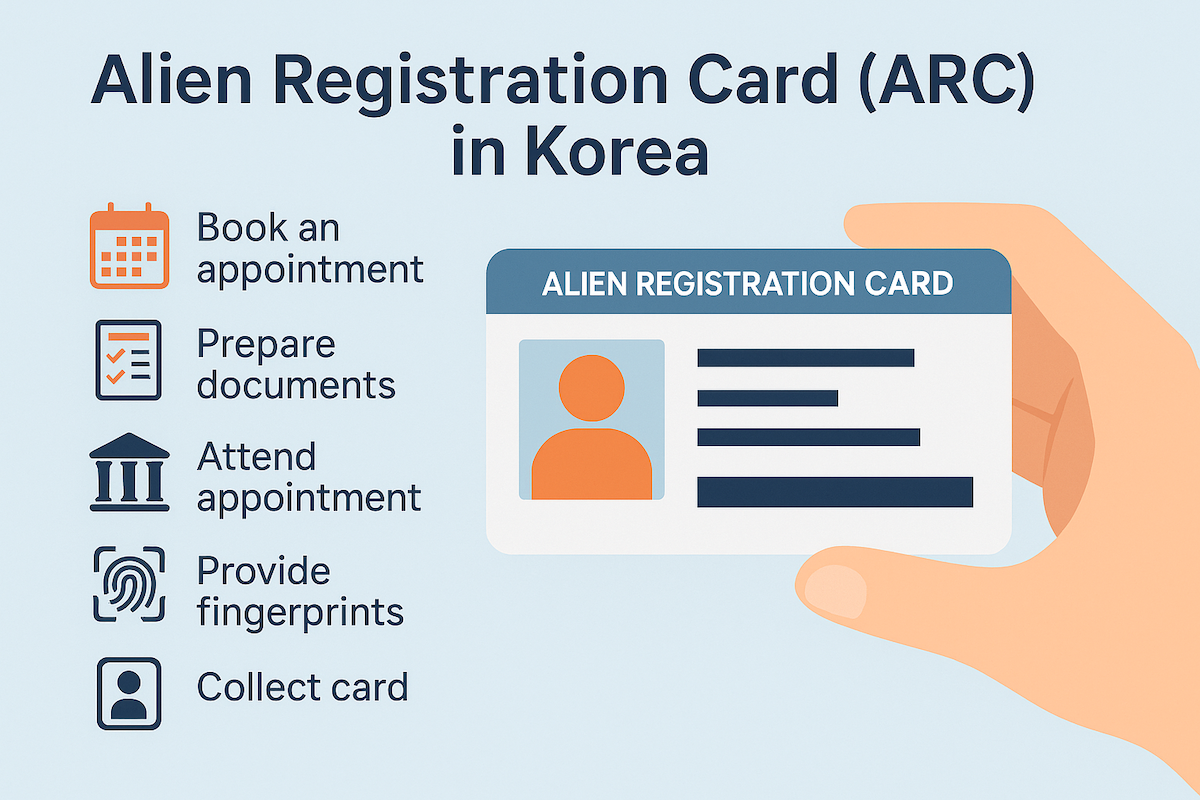📝 Introduction
Imagine you’re walking through Myeongdong at night and realize your bag is missing. Or you get harassed in Itaewon and don’t know how to respond. As a foreigner in Korea, your lifeline is 112—the police emergency hotline.
Unlike some countries where multiple numbers exist for different issues, in South Korea 112 = police emergencies. But many foreigners hesitate:
- “Will they understand me if I don’t speak Korean?”
- “What if I don’t know my address?”
- “Can I walk into a police box instead of calling?”
This guide answers all of those, step by step. It’s not theory—it’s exactly what you need in real life.
🚨 1. What is 112 Used For?
112 is Korea’s official police emergency number. Call it when:
- Your bag, phone, or wallet is stolen.
- You are being followed, harassed, or threatened.
- You witness or experience assault, domestic violence, or robbery.
- You need urgent police help but don’t know where else to go.
💡 Important: Do not call 112 for medical emergencies or fire (that’s 119). If you’re unsure but feel unsafe, 112 is the right call.
📞 2. How to Call 112 (Step by Step)
2.1 From a mobile phone
- Dial 112 directly (no country code inside Korea).
- Even foreign SIMs usually connect without issue.
2.2 From a payphone
- Dial 112 without coins—emergency calls are free.
2.3 From VoIP or overseas (less common)
- If calling from abroad, use +82-2-112 (but this is for international cooperation, not immediate emergencies).
🗣 3. What to Say on the Call
When you call, the operator will answer in Korean:
“여보세요, 경찰입니다. 무슨 일이십니까?” (“Hello, this is the police. What is the issue?”)
If you don’t speak Korean, say this immediately in English:
- “Hello, I am a foreigner. I need police help.”
Then add location and situation.
3.1 English Template
- “My bag was stolen. Location: [give landmark].”
- “I am being followed. I am at [station/building].”
3.2 Korean Survival Phrases
- 경찰! 도와주세요! (Gyeongchal! Dowajuseyo!) → Police! Please help!
- 저는 외국인입니다. (Jeoneun oeguginimnida.) → I am a foreigner.
- 위치는 [지역/건물]입니다. (Wichineun [place] imnida.) → My location is [place].
- 가방을 잃어버렸어요. (Gabang-eul ilheobeoryeosseoyo.) → I lost my bag.
- 사람이 저를 따라와요. (Saram-i jeoreul ttarawayo.) → Someone is following me.
💡 Tip: If you can’t say the address, open Naver Map/Kakao Map, show your GPS location in Korean, and read it slowly.
🏢 4. Police Stations: 지구대 & 파출소
Not all emergencies require a phone call. In Korea, small police stations are everywhere:
- 지구대 (Jigudae): Urban neighborhood police offices.
- 파출소 (Pachulso): Smaller rural or residential stations.
You can walk in anytime, 24/7. Officers can:
- Write theft reports (필수 for insurance).
- Call interpreters or use translation devices.
- Escort you to safety.
💡 Example: If your phone is stolen, go directly to a 지구대. They will help you file a report and block your SIM.
🙋 5. Asking Koreans for Help
Sometimes the fastest path is asking locals to call for you.
5.1 Simple phrases
- 저 좀 도와주세요. (Jeo jom dowajuseyo.) → Please help me.
- 경찰 불러주세요. (Gyeongchal bulleojuseyo.) → Please call the police.
- 위험해요! (Wiheomhaeyo!) → It’s dangerous!
Most Koreans will immediately dial 112 for you. Don’t be shy—culturally, helping is expected.
5.2 How to act
- Approach someone safe (shop staff, taxi drivers, subway employees).
- Use body language: point to your phone, make a calling gesture, say “112.”
- Stay calm; Koreans may not speak English, but they’ll understand the urgency.
👮 6. What Happens After You Call
- Call Received → Operator collects your location & situation.
- Dispatch → Nearest police car or motorcycle unit is sent.
- On-site Support → Officers arrive, check ID, and secure the situation.
- Next Steps → You may be escorted to a police station to file a report.
💡 For minor issues (lost item, noise complaint), police may redirect you to the local station. For serious danger, expect rapid response within minutes (especially in Seoul).
🌍 7. Language & Translation Support
- Many 112 call centers in big cities (Seoul, Busan) have English-speaking staff.
- If not, operators use a 3-way interpretation line.
- At stations, police often use Papago/translation devices.
So even if your Korean is zero, you’ll be understood.
📌 8. Real-World Scenarios
Scenario 1: Theft in a crowded area
You: “My phone was stolen in Myeongdong.”
Operator: “Stay where you are. Police are on the way.”
Next: Officers meet you, escort you to the nearest 지구대, file a report.
Scenario 2: Harassment in a bar
You: “I am a foreigner. A man is harassing me in Itaewon.”
Operator transfers you to English line.
Police arrive, separate individuals, take you to station for statement.
Scenario 3: Lost child
You: “A child is lost in Lotte World. Please send help.”
Police dispatch immediately, announcements made inside the venue.
✅ 9. Practical Tips for Foreigners
- Save 112 in your contacts as “Korea Police Emergency.”
- Learn one phrase: “경찰! 도와주세요!” (Police! Help!).
- Always carry ID (passport copy or ARC card). Police will ask.
- Don’t worry about fees—calling 112 is always free.
- File reports even for “small” theft—needed for travel insurance claims.
✍️ Conclusion
112 is not just a number—it’s your direct lifeline to safety in Korea.
As a foreigner, don’t hesitate to use it: operators expect calls from tourists, and police are trained to help.
So remember:
- Call 112 when in danger or crime-related trouble.
- If unsure, still call—better safe than sorry.
- If you can’t, ask any Korean nearby: “경찰 불러주세요.”
By knowing how 112 works, you turn panic into control—and Korea’s system will do the rest.





